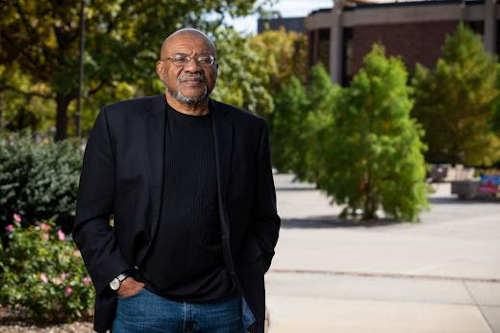- Kwame Dawes
- Posted On
American Life in Poetry: April Moon

Perhaps we are too close to the monumental moment in history to fully appreciate just how to approach it in poetry, but the poets are writing about this pandemic in the way that poets must — to find language to chart the sentiment of the time.
“April Moon,” by Cathy Song, fixates on the need for genuine tenderness between those who are surviving — an act of choice and control, in the midst of the uncontrollable swirl of loss orbiting about us.
“Grace willing,” she writes, “we will remember.”
This seems like a fitting epitaph for a poet in these times.
April Moon
By Cathy Song
The moon tonight is closer to us
than it will be
for the rest of the year,
grace willing, the year
we will remember as the Great Pandemic.
Pulling us closer into its orbit,
shining the light of its fullness into the room,
we turn to hold in our hands
each other’s face as if
for the first time,
and the last—
Pink Moon, Egg Moon, Moon of New Grass.
American Life in Poetry does not accept unsolicited manuscripts. It is made possible by The Poetry Foundation, publisher of Poetry magazine. It is also supported by the Department of English at the University of Nebraska-Lincoln. Poem copyright ©2022 by Cathy Song, “April Moon” from The Academy of American Poets, Poem-A-Day, January 3, 2022. Poem reprinted by permission of the author and the publisher. Introduction copyright ©2022 by The Poetry Foundation. The introduction’s author, Kwame Dawes, is George W. Holmes Professor of English and Glenna Luschei Editor of Prairie Schooner at the University of Nebraska.







